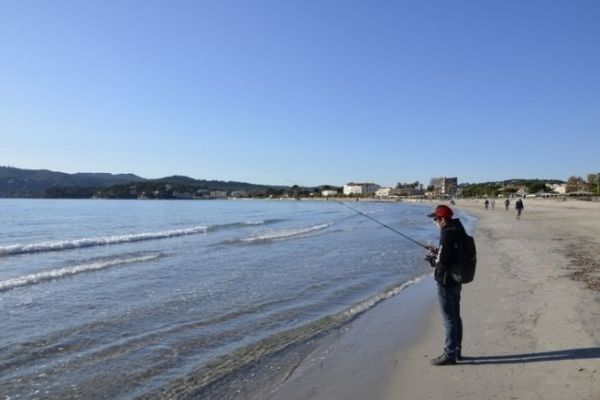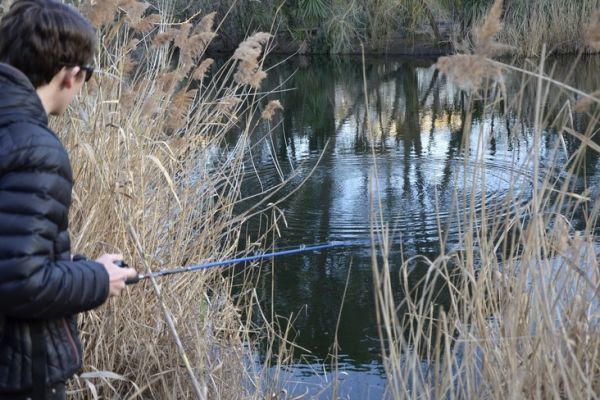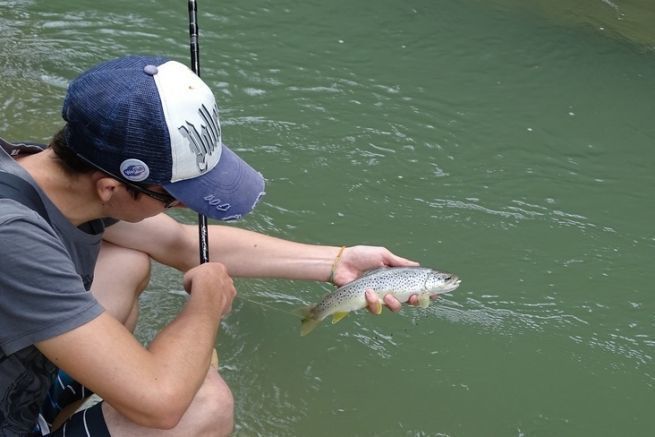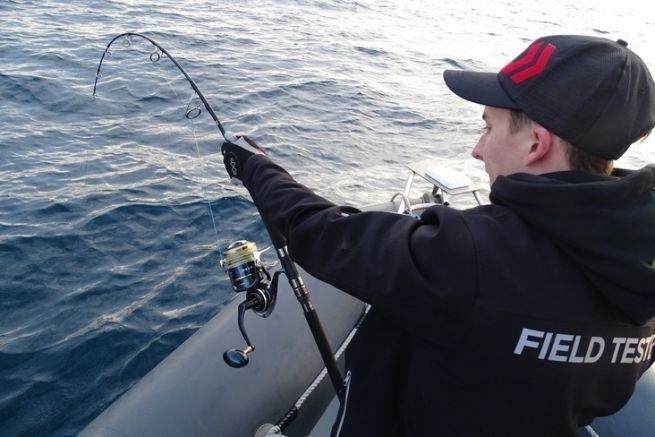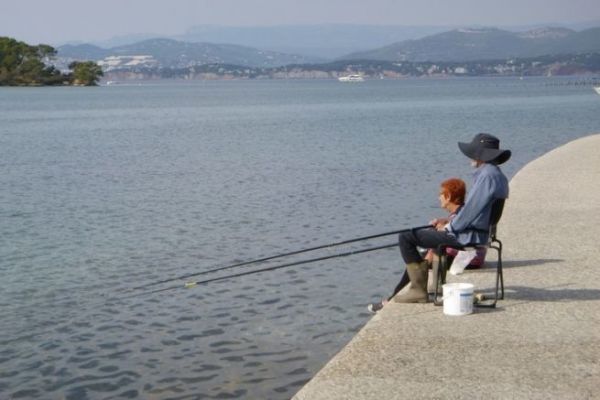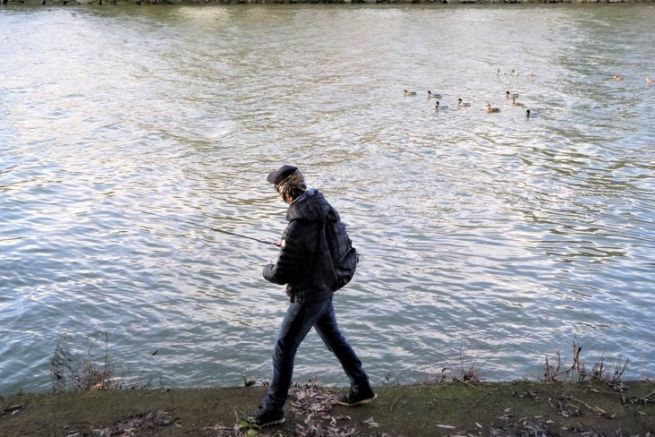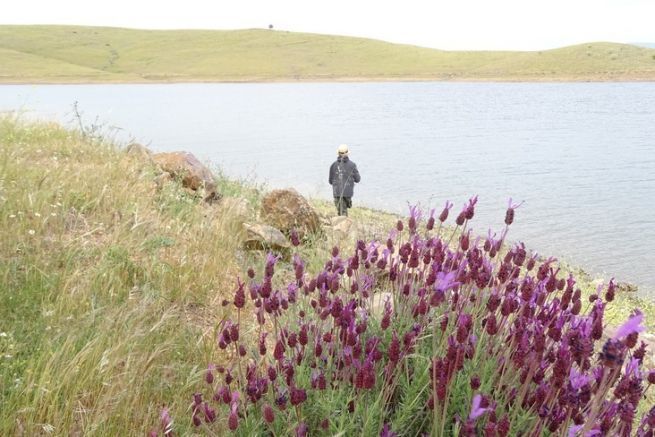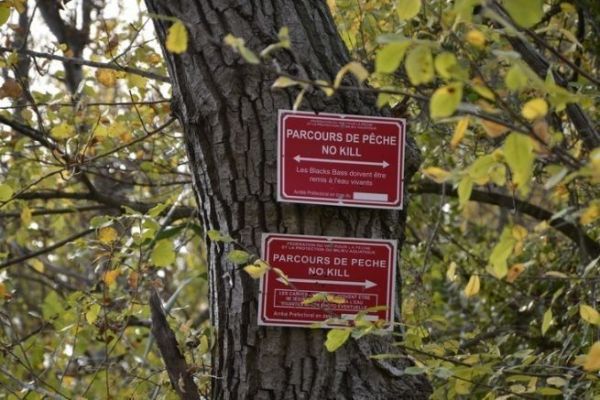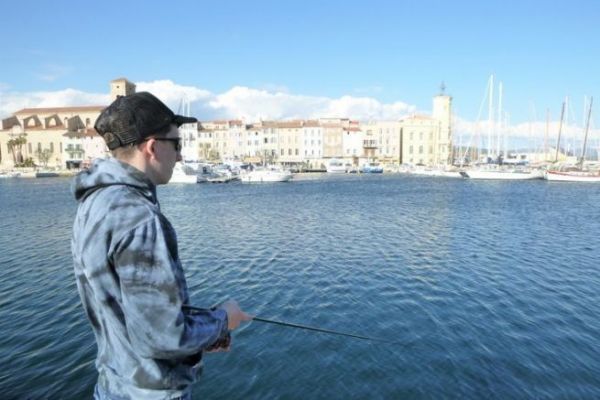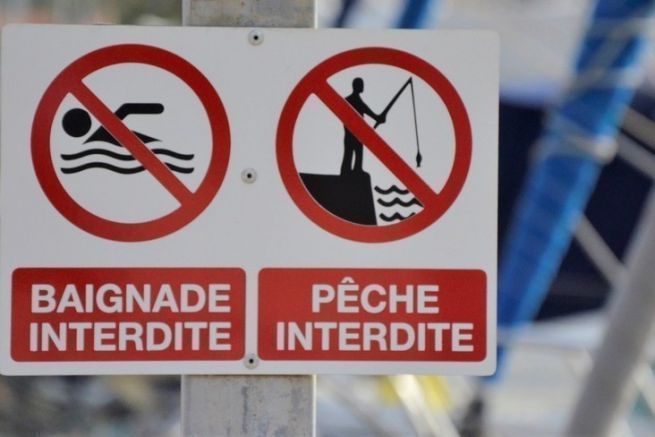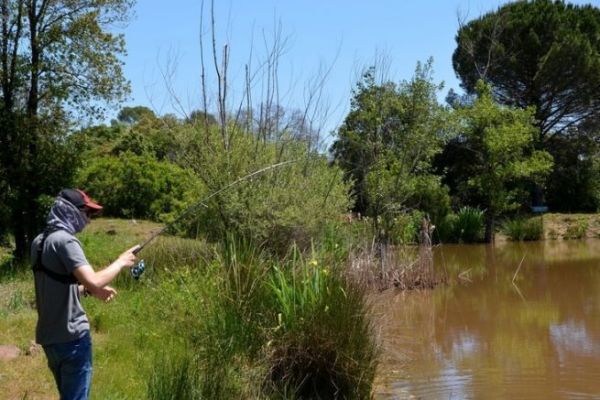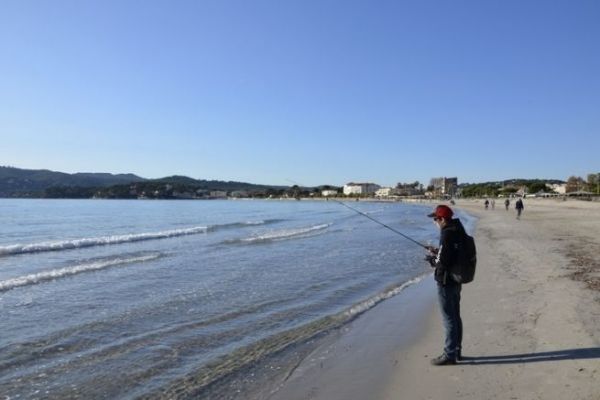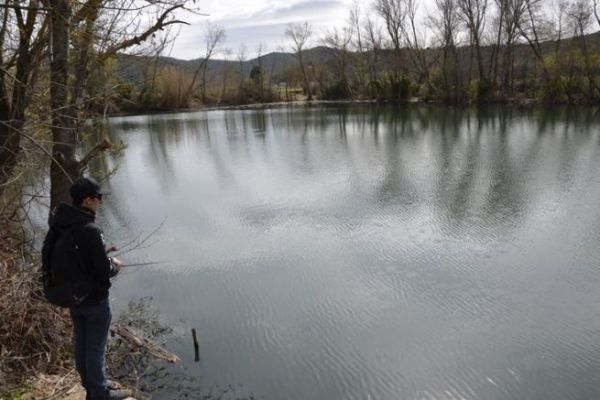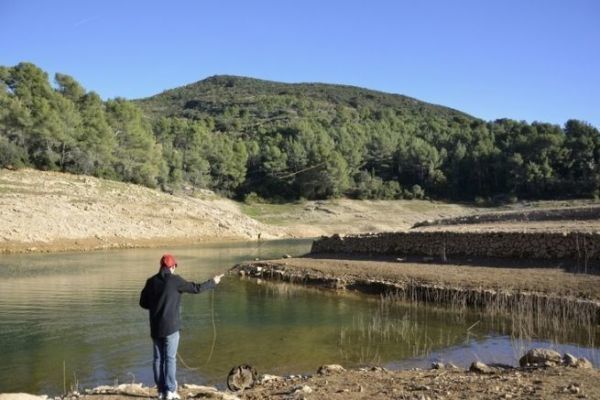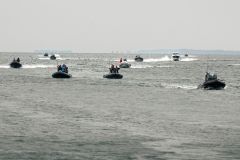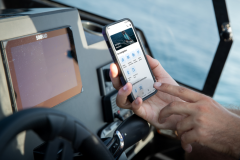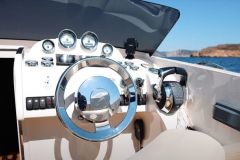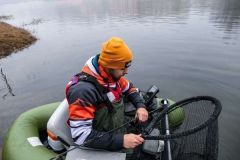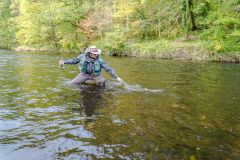Fishing for what's there
When you start fishing, whatever the technique you use, you often tell yourself that you'll fish what's there... An approach that needs to be modified if you are not to return from a fishing trip convinced that there was nothing to fish for. Even at sea, fishing depends on the season, the biotope and the species sought. If you're going out to catch fish, the first thing to do is to find out what species of fish are present in your fishing grounds, according to the season. Then, once you've targeted your fishing, you can think about the techniques you need to use to achieve your goals.
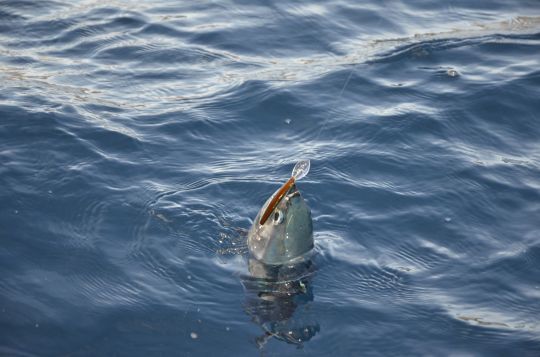
Thinking there's fish everywhere
Many novice anglers who want to try their hand at sea fishing believe that fish are present wherever they go. For those who have never fished before, the sea is full of fish, and all you have to do is cast your line anywhere and hope to catch a few. This belief may have been well-founded a few decades ago, but we're forced to admit that this is no longer really the case.
Overfishing and human activity near the coast have significantly reduced the fish population. So, to fish well, you need to learn and know the different places likely to hold more fish. From more or less accessible places like harbours and dykes, to more difficult to fish places like rocky areas.
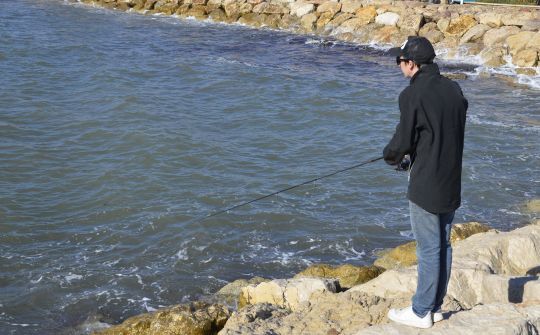
See too big
All anglers, whether beginners or more experienced, dream of an exceptional catch, and happily so. However, we must be aware that even if the sea is full of beautiful fish, it's not easy to catch them... This expectation poses a problem of its own, and hampers results. In fact, too many sea anglers, whether beginners or not, think that they must always anticipate catching a nice fish. As a result, they make the mistake of fishing with equipment and rigs that are too big for most of their fishing, which significantly reduces their results. For example, fishing with a leader that's too big will scare off many medium-sized fish. The same applies to the choice of hook size or even float size, which are often too large to fish discreetly.
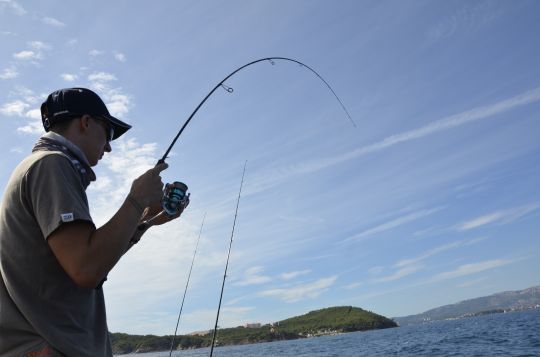
Discretion is still the best way to catch as many fish as possible, and to get pleasure from smaller fish than you might expect when you're just starting out. Once you've got the hang of it, you'll be able to aim for bigger fish, but learn to multiply your catches and fight modest-sized fish on fine lines before you hope to break any records.

 /
/ 